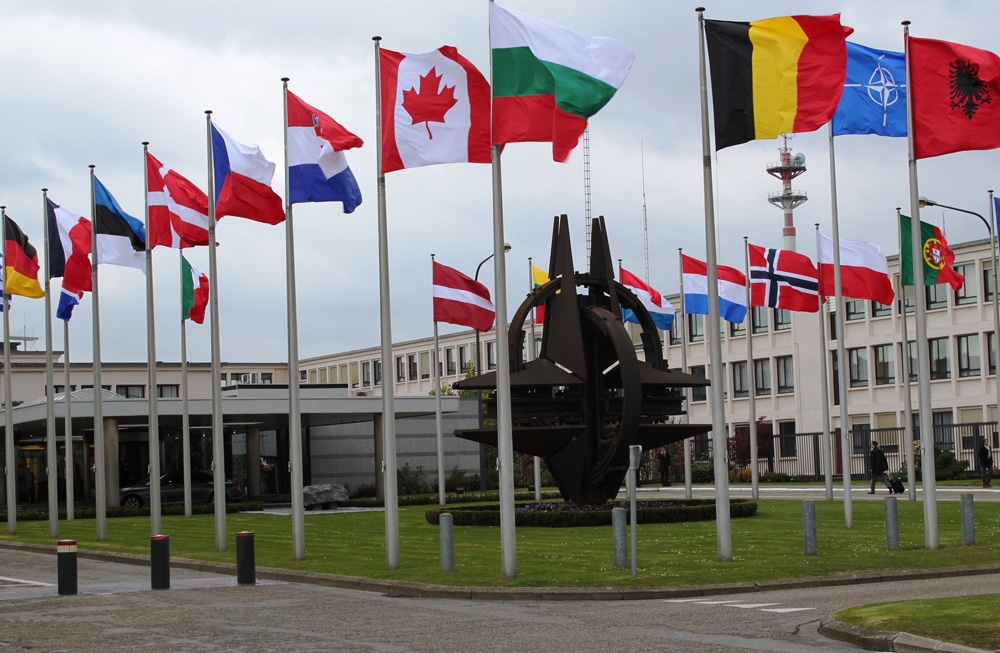BASIC and the Federation of American Scientists hosted a joint discussion on the state of the UK and European nuclear weapons debates, and the importance of this in a global context.
The nuclear debate has just taken off in the UK. The main opposition Labour Party has just elected its new leader, Jeremy Corbyn, with a large majority mandate. Corbyn has been a leading light in the British anti-nuclear and anti-war movements, and made this a major focus for his election. He recently said that he was not only against renewing the UK Trident system, but would never contemplate launching nuclear weapons in any circumstances, rendering redundant any nuclear systems were he to become Prime Minister. Earlier this year the Scottish Nationalist Party gained 56 out of 59 Scottish seats in Parliament – the Trident submarines operate out of Scottish bases. When the final vote on Trident Renewal comes up in Parliament next year, what are the consequences, and could there be potential non-nuclear futures for the UK, and are there any impacts from this debate beyond the shores of the UK?
In the meantime, nuclear weapons modernization programs and operations in the European region have gained new significance with the deepening East-West crisis where nuclear-capable forces are used routinely and in new ways to threaten potential adversaries. Russian officials have repeatedly threatened nuclear attacks against NATO countries and NATOand the United States have begun to modify how they operate nuclear forces. Where are nuclear-capable forces based in Europe today, how are they operated, and what are the trends for modernization programs and force levels?
Speakers:
Paul Ingram, BASIC
Hans Kristensen, FAS
Click here to see the briefing from Hans Kristensen, “European Nuclear Forces, Operations, and Modernization”

